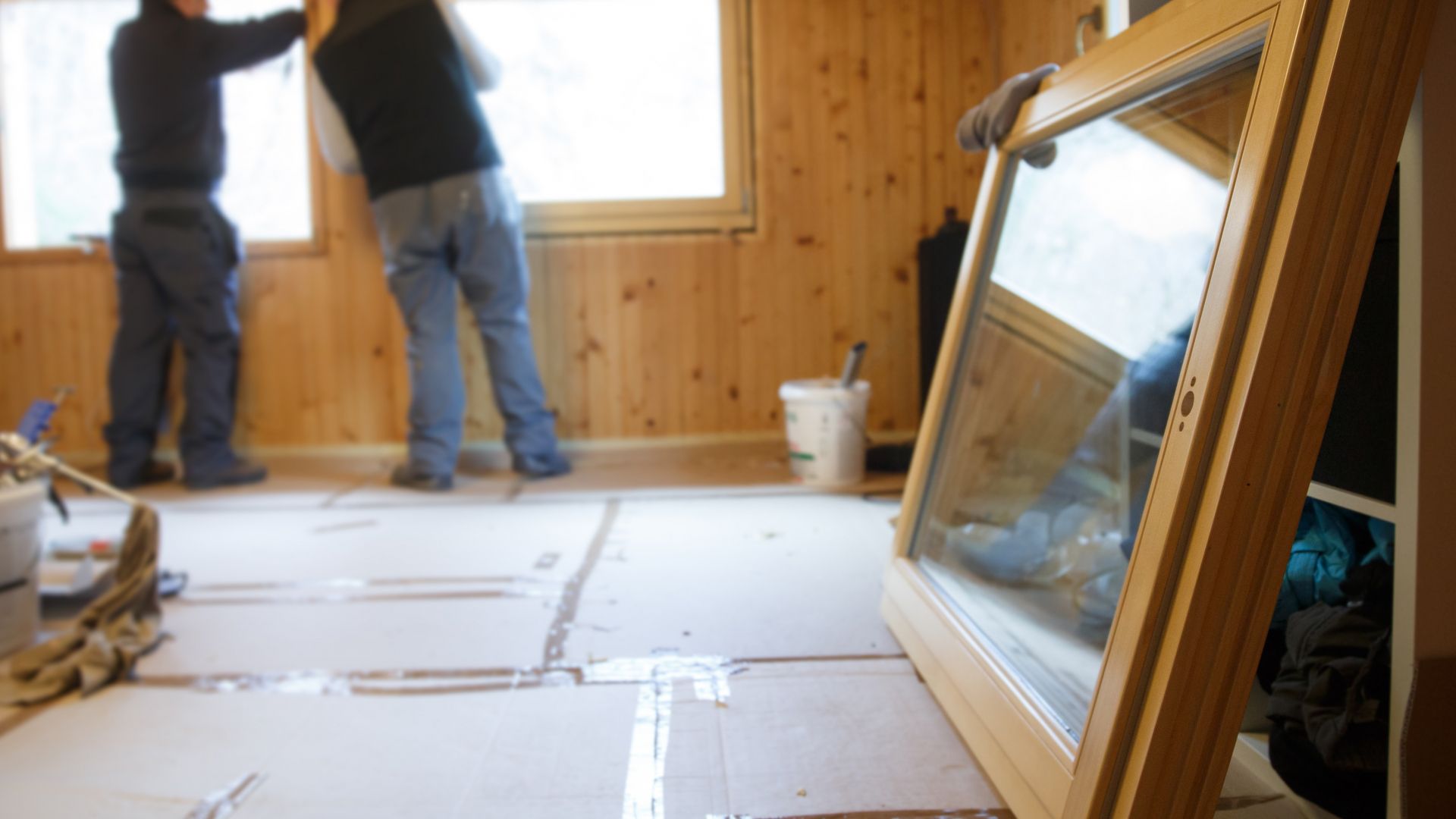Buildings play a key role in our societies and daily lives. Building stock has a big impact on the EU’s climate goals as it is one of the largest consumers of energy. Buildings are responsible for 40% of energy consumption in the EU and contribute 36% of total emissions. The Renovation Wave strategy must build on the European Green Deal and the European Pillar of Social Rights, contributing to ambitious climate and social goals, and building for a recovery that leaves no one behind.
Covid-19 has hit European economies hard. However as the climate crisis worsens, humans may become increasingly vulnerable to diseases and even to pandemics such as Covid-19. Therefore, it is important that we make the economy resilient to climate change and other crises, and ensure a future-proof, clean energy supply for all European citizens, particularly for the most vulnerable groups. The building renovation sector is one of the key areas in which we can boost climate ambitions and contribute to economic recovery, aiming for a highly energy-efficient and fully decarbonised building stock. Comprehensive renovations can help us improve energy efficiency, cut carbon emissions, reduce energy needs, increase resilience (including resilience to natural disasters), improve quality of living and accessibility, and create local jobs. It is estimated that by increasing the renovation rate to 3% of the total building stock per year across the EU and renovating 210 million existing buildings, we could create up to 2 million jobs.
The necessary environmental sustainability and liveability upgrades to housing stocks have to be made without increasing costs for low- and moderate-income households. Housing policy is part of the solution to addressing the affordability and climate crises, and should now be used as part of the pandemic recovery, because we need climate-neutral housing that is affordable and inclusive. No one should be left behind.


